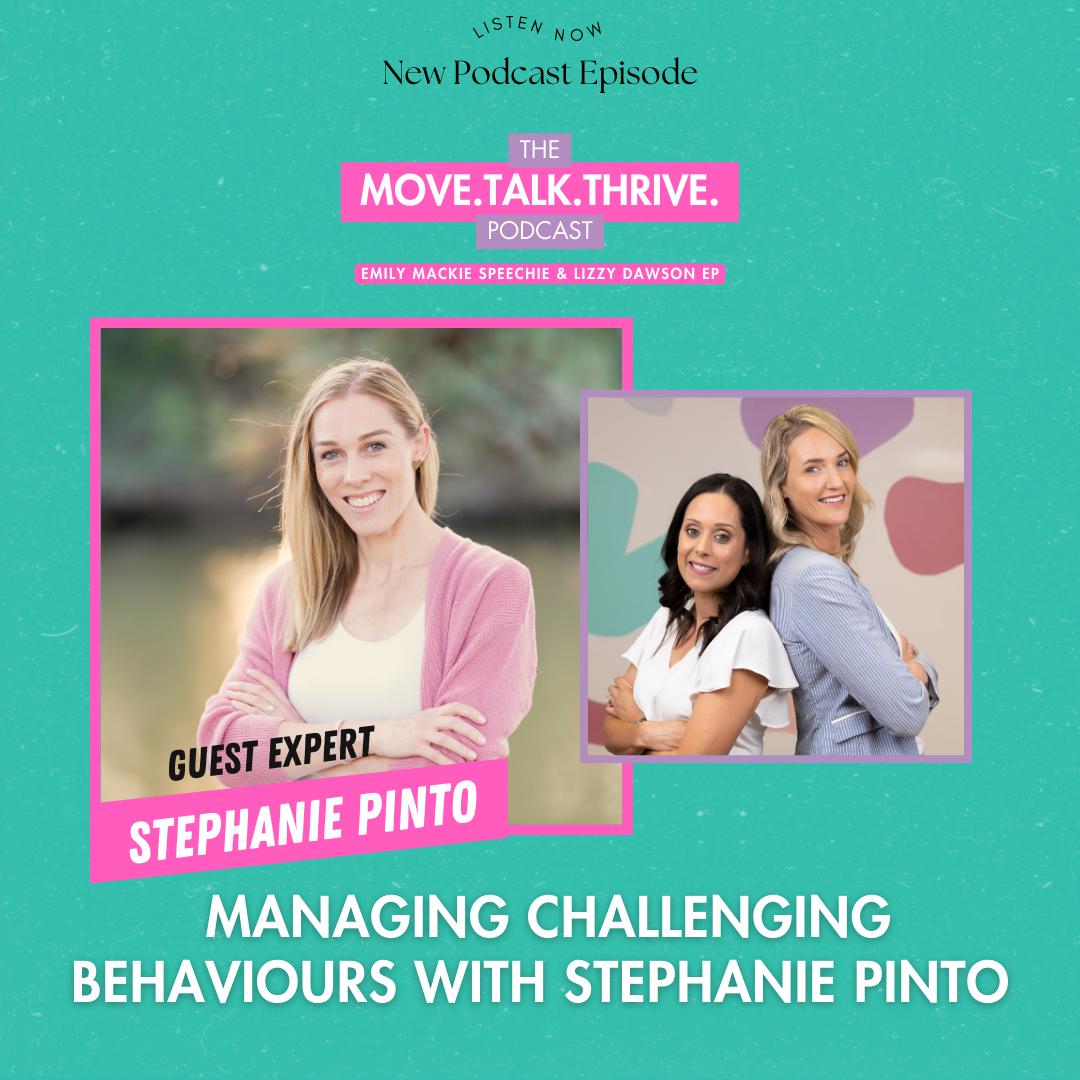Do you squirm in confrontation and conflict? Let’s make it constructive
Description
In this episode, we dive into the topic of constructive conflict and crucial conversations, exploring how to handle confrontation effectively. Liz shares her insights after reading "The Advantage" by Patrick Lencioni, which reshaped her understanding of conflict.
First, we define conflict and dispel the myth that conflict is inherently bad. Conflict is essential in the workplace, fostering growth and improvement. We discuss the spectrum of conflict, from artificial harmony to destructive conflict, highlighting the goal of achieving constructive conflict.
Key elements in handling conflict include character, self-confidence, and trust in those around you. Vulnerability plays a significant role, as does having the right motives—aiming for the best solution for the team and the overarching purpose. It's crucial to receive information from others without fear, avoiding destructive behaviours and not taking offence easily. Remember, nothing is personal, and behaviour often hints at internal struggles both for you and the other person.
In team settings, giving the benefit of the doubt and thinking the best of your colleagues is vital. Conflict requires practice, and mistakes are part of the learning process. Initially, it may look messy, but real-time conflict practice is essential for improvement. Changing your perspective on conversations and removing personal biases can lead to more effective conflict resolution.
Emily shares how her workplace handles conflict, emphasising the importance of synergy, as described in Habit 6 of "The 7 Habits of Highly Effective People." This approach goes beyond respectful communication, aiming for win-win outcomes rather than win-lose or lose-win scenarios.
To learn more about conflict, we recommend listening to Patrick Lencioni's podcasts (Em made a whoopsie on the name in the poddy - sorry Pat), which offer valuable insights. Self-discovery is crucial; examine your reactions in conflict situations and maintain a growth mindset. Journaling about your responses and seeking accountability can help you understand and process your reactions.
Liz references her learnings from Chet Holmes book ‘The Ultimate Sales Machine’. Liz references Rockafella Habits accidentally so when she is referring to that she is meaning the principles from Chet’s book linked below. She talks about how discussing pain points in meetings is crucial for all parties in a team.
Action is necessary—engage in conflict, practice, and repeat. Building new neural pathways and developing a new skill set requires numerous repetitions, but the result is well worth the effort.
BOOK: 7 habits of highly effective people by Stephen Covey
https://rb.gy/sspy9h
BOOK : The Advantage by Patrick Lencioni
https://rb.gy/fushl5
PODCAST : https://www.tablegroup.com/product/the-advantage/
BOOK: The Ultimate Sales machine (Not rockefeller habits) By Chet Holmes
https://rb.gy/rigjo9
Lizzy’s courses
Emily’s courses











